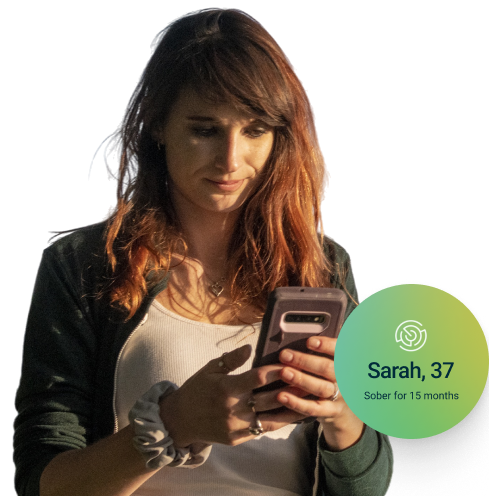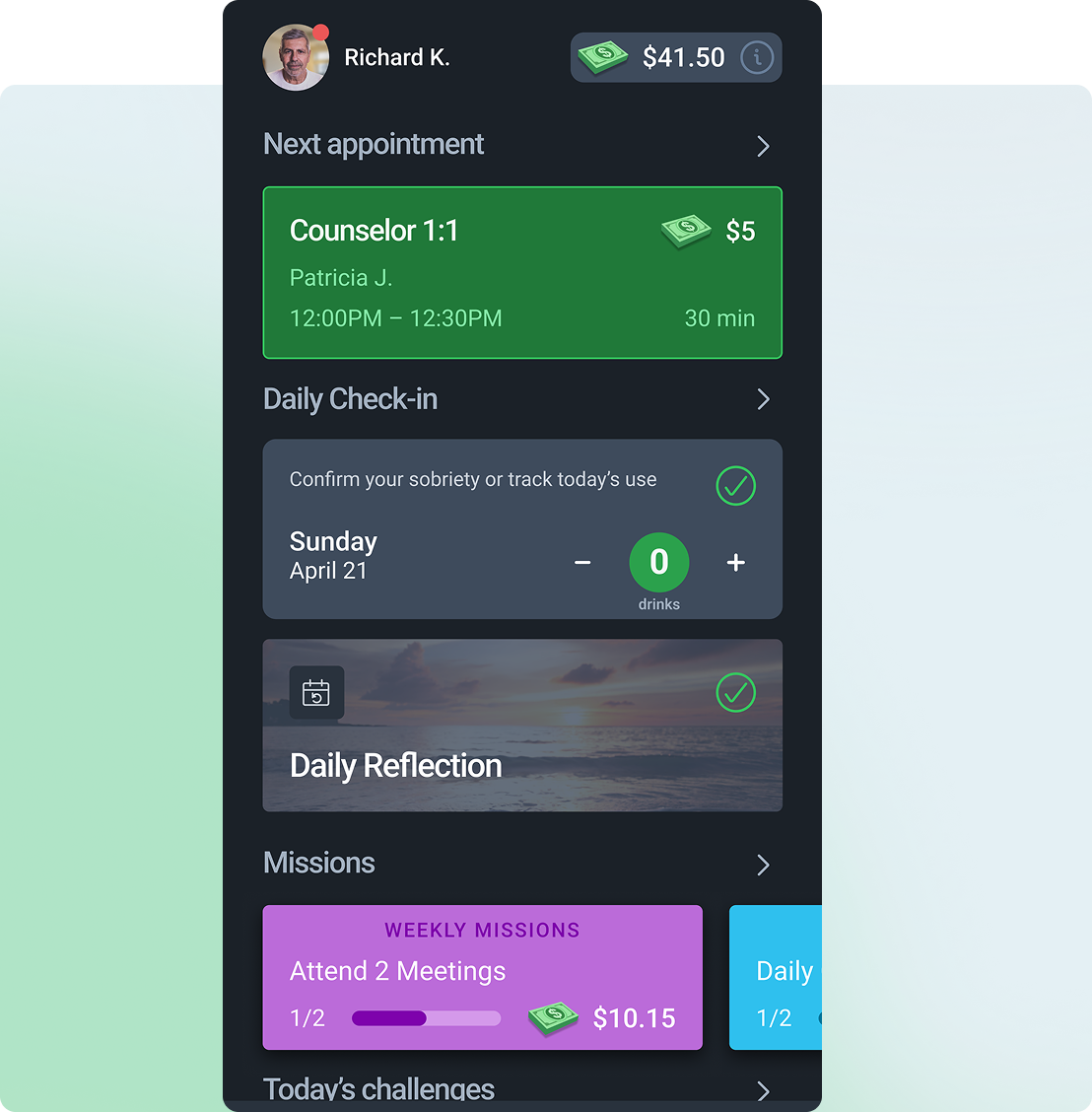You can manage meth withdrawal at home, with the right support
It’s critical to have the right care as your body adjusts. Affect’s online program can help.
Affect’s program is covered by insurance. For qualified members on Medicaid, treatment is entirely free.
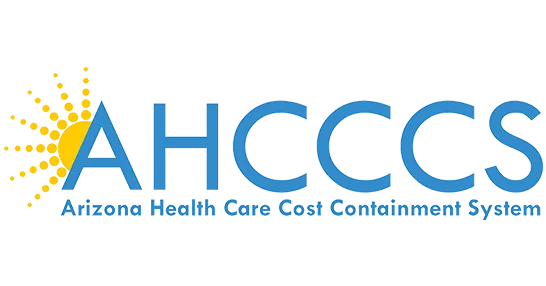
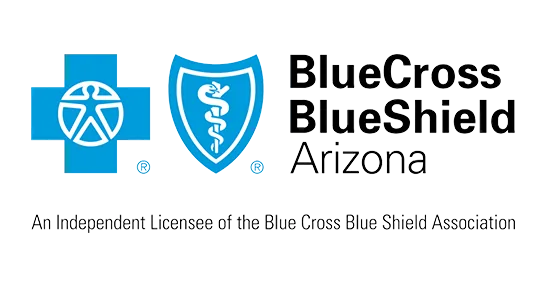

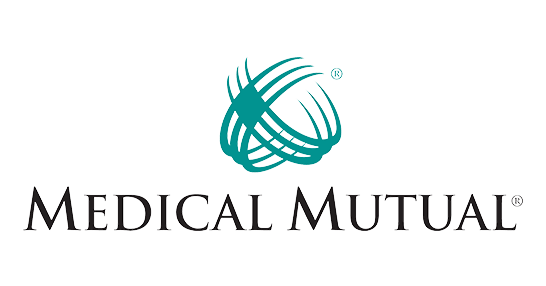
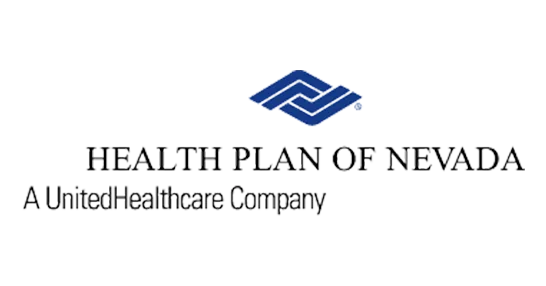
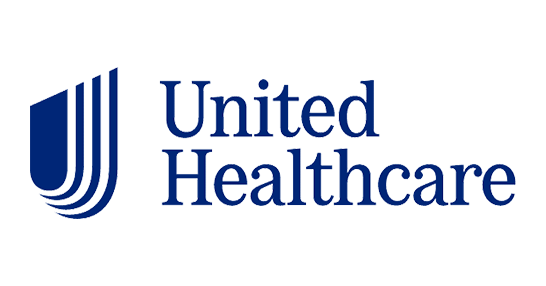
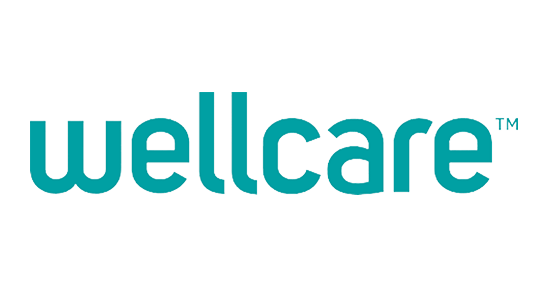
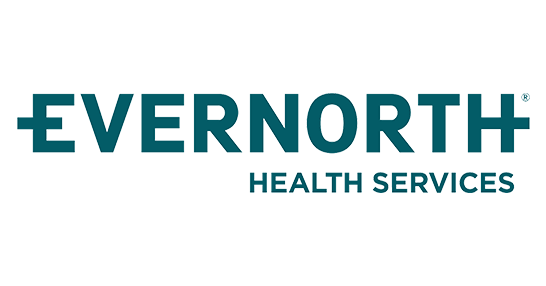
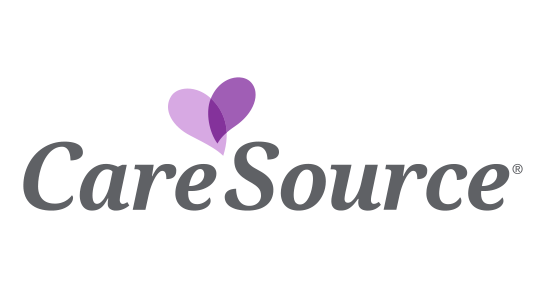

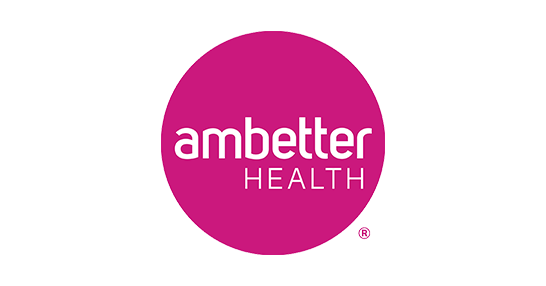

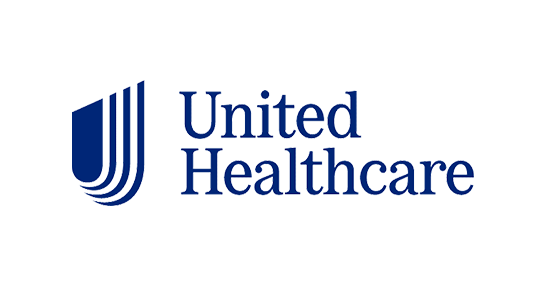
Quit Meth and Manage Withdrawal From Home
Methamphetamine is a highly-addictive stimulant which has many different effects on the brain. One of its main actions is its ability to release dopamine, which can make people feel pleasure but can also reinforce addiction.
When someone stops methamphetamine, they may experience meth withdrawal. Methamphetamine withdrawal symptoms can vary from person to person, depending on the amount of drugs someone has been using, frequency of drug use, and other medical conditions a person may have. Methamphetamine withdrawal symptoms are typically not life-threatening, but they can be frightening and uncomfortable.
What are the symptoms of meth withdrawal?
Most of the physical withdrawal symptoms will go away within 1-2 weeks of stopping methamphetamine use, but the emotional and cognitive symptoms may last longer. During the withdrawal period, it is important to try to rest, eat healthy, stay hydrated, and avoid overstimulation.
Acute methamphetamine withdrawal symptoms commonly include:
- Difficulty sleeping
- Fatigue
- Methamphetamine cravings
- Red/itchy eyes
- Low motivation
- Paranoia
- Decreased sexual interest
- Appetite changes
People with acute methamphetamine withdrawal have also reported:
- Headaches
- Muscle spasms
- Chills
- Sweating
- Nausea
- Anxiety
- Depression
- Suicidal thoughts
How to manage meth withdrawal
Unlike opioids, there are no FDA-approved medications to wean people off of stimulants like methamphetamine and cocaine. There are medications to help mitigate withdrawal symptoms and therapy helps stabilize people for a successful journey to sustained sobriety.
Evidence and data show that the most successful way to recover from stimulant use disorders is to activate the brain’s rewards system through a system of rewards for success in recovery, such as attending therapy, negative tests for substances, or doing tasks that help build self-knowledge and healthy habits. Affect’s program is based upon these techniques and our app is designed to keep our members engaged and motivated while making it easy to access all the components of a strong care program.
Affect’s team supports members through every step and challenge along the way from early withdrawal to long-term remission from addiction. The steps that help manage emotional and mental discomforts of withdrawal are built into the program.
Backed by science, powered by technology, and delivered by caring people who are on your team.
You don’t have to do it alone. Affect offers a full treatment program, right in your pocket.
Questions about meth withdrawal? We’ve got answers.
Ready to feel better? Just tell us a little bit about yourself and we’ll get back in touch right away.

“Affect has shown me a caring side that I never had for myself. It has made me rise as an individual and I have uplifted my courage, bravery, and willpower to obtain my sobriety. Not only did I find myself, but I also found friends in counseling. By friends, I mean someone who really believes in you when others won’t. This program is amazing and works.”
Stella
I’ve learned how to love myself and to forgive myself. I’ve mastered boundaries. I’m no longer uneasy living alone.
Group and counselor support is the best. Life has improved because I learned it’s never too much trouble to take care of myself.
I’ve been able to focus on things that are important in my life, including my children. That it’s the best thing that could ever have happened to them, and to me.
Support That Goes Beyond Treatment
Getting healthier is just the start. Need help with housing, job hunting, healthcare, or financial aid? We’ve got your back.
